8 alternatives to Zoho
Zoho is an all-in-one business tool that was first released as AdventNet in 1996. That means that Zoho has been around longer than Web 2.0, Google, and WiFi.
In that time, it’s continued to grow. It currently offers more than 40 applications to help with everything from email marketing to accounting to customer relationship management, and somehow, it’s still one of the most affordable business solutions on the web.
That may sound good, but there are flip sides to both points.
First, you often get what you pay for. Second, newer software tools tend to be more open-ended and flexible. For example, you can often create fully customized business tools with no code from just one piece of software.
So let’s take a look at a list of apps that offer either suites of business tools or a modern solution that’s ultra-flexible and can be customized to your needs. Some tools on the list even offer both.
1. Google Workspace
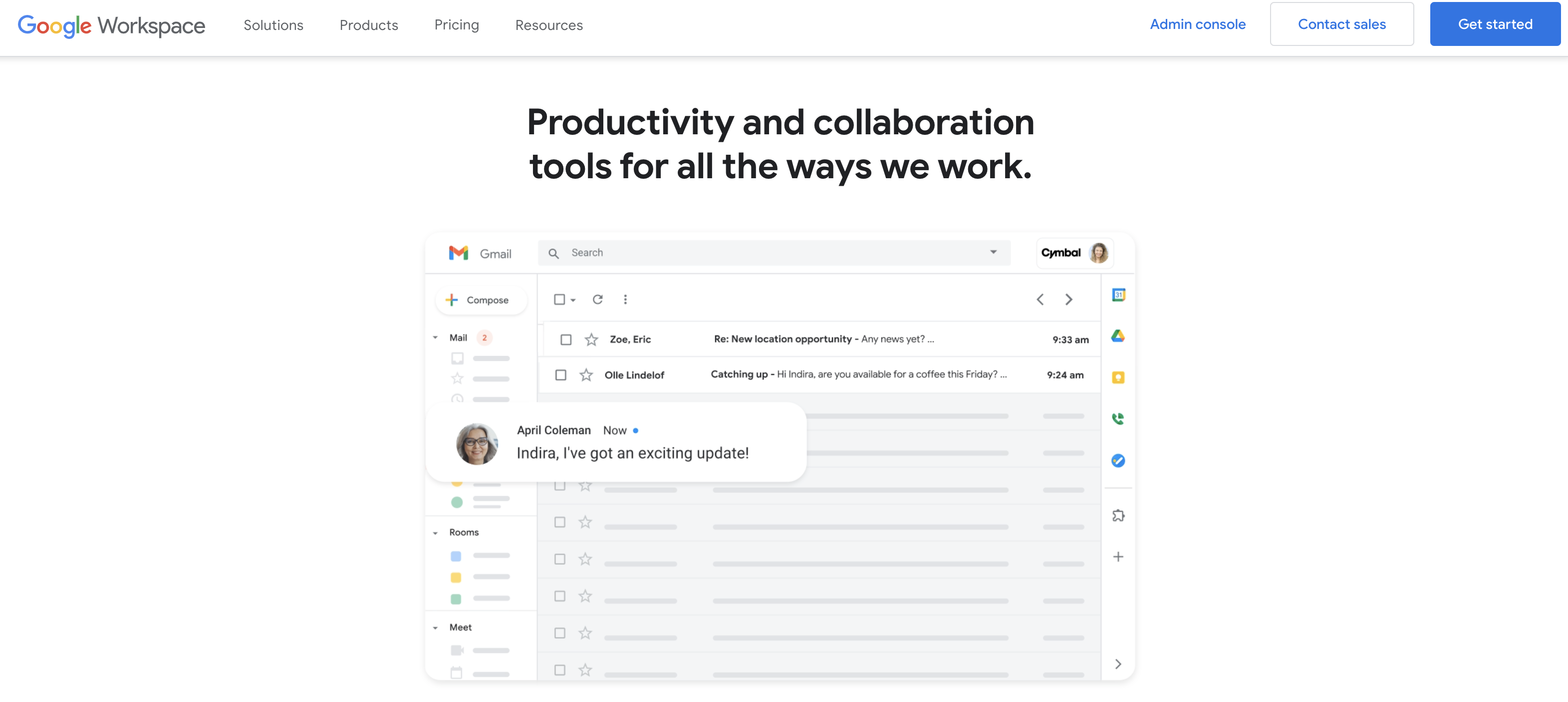
Google Workspace offers all the Google services you know and love with a few added benefits for businesses.
First, you can customize Gmail to use your company’s domain name, even though your email system is still technically powered by Gmail. You can even add your company’s logo to several of the services.
There are also some nice extras for team collaboration, like chat functionality and access to Google Meet videoconferencing from email. And there are admin-level controls for security and access management.
2. Trello
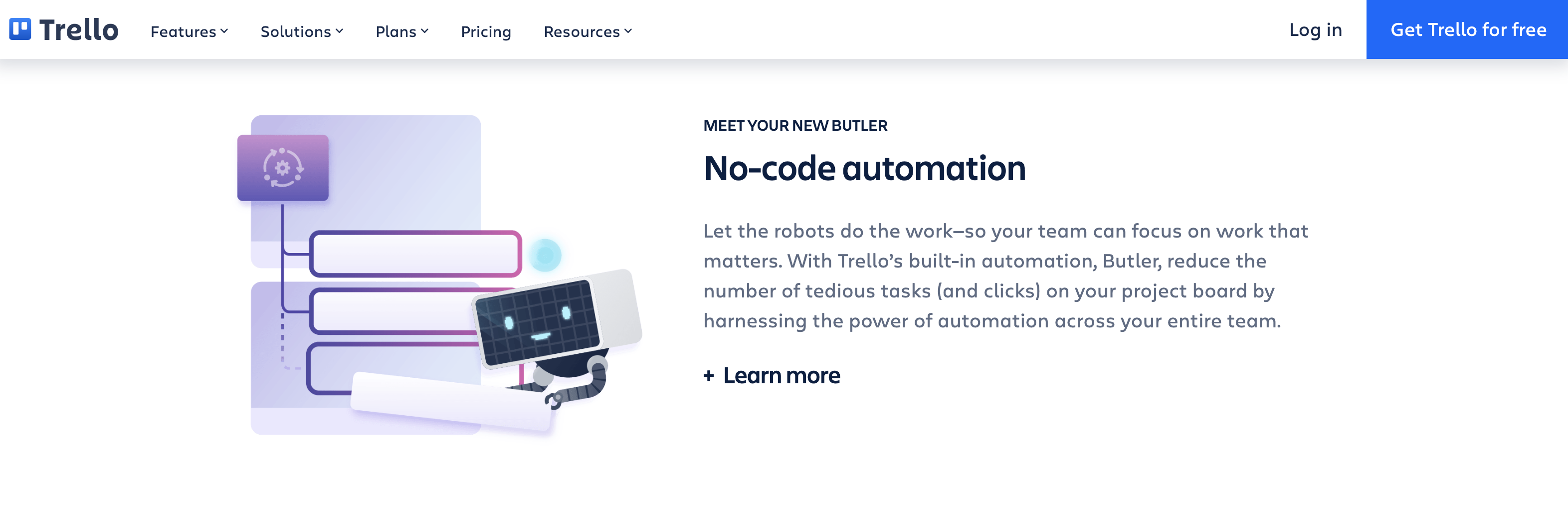
Trello is more of a project management tool, whereas Zoho is more of a customer relationship management (CRM) solution. But Trello is one of those flexible modern tools mentioned above that can replace a lot of what Zoho offers.
Trello also has a suite of integrations called Power-Ups. Those integrations help make Trello even more customizable and useful.
3. Jotform
Next in the list is a hybrid tool. Jotform is both a suite of useful tools and a flexible, modern application.
Jotform started off as a form tool and spent years maximizing what could be done with that functionality. It’s perhaps the most flexible form tool on the market.
But then Jotform started adding other extremely useful tools, like Jotform Tables. Tables is a versatile data tool that’s a cross between a spreadsheet and a database. When you use it with forms, it can act as a CRM system, help desk, human resources hub, and much more.
And most recently, Jotform released the no-code app-builder Jotform Apps, which is the most flexible tool yet. It can help you create apps to replace many of Zoho’s 40-plus offerings — all without having to know any code.
You can check out some of Jotform’s capabilities by looking at the 300-plus app templates available. Some notable templates include a sales tracking app, a project tracker app, and several inventory apps.
4. Airtable
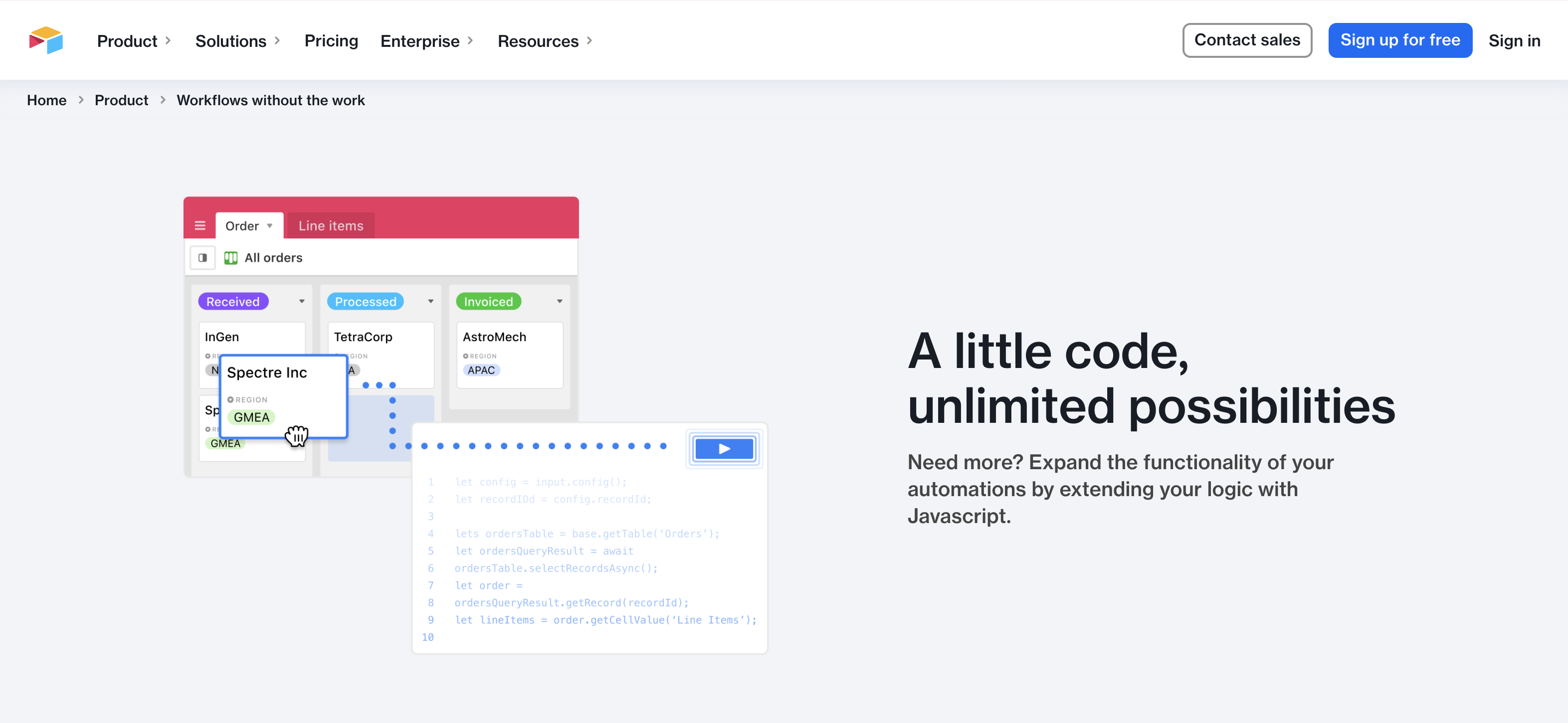
Airtable is the company that popularized the hybrid database-spreadsheet tool that many other tools, like Jotform, have implemented themselves. Airtable’s tables let you view your data in different ways. For example, you can see the same data in kanban, gallery, and Gantt chart formats.
5. Notion
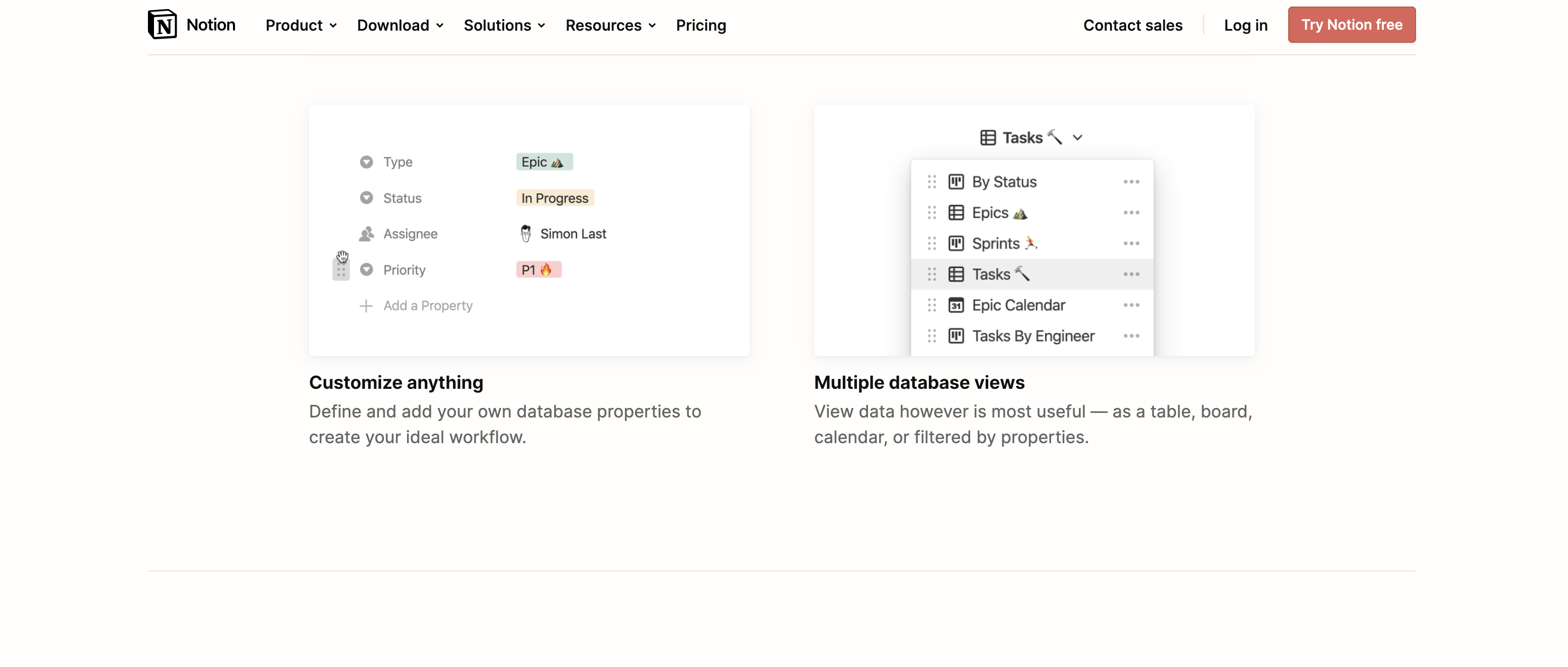
Notion is another software tool with almost unlimited uses. At its core, it’s a collaborative knowledge-management tool. It uses a collection of nested documents to help organize your company’s data.
Those documents can do a lot, though. They have all the text editing features you would expect, but they also have an Airtable-style database that you can use to connect all your documents. Notion also lets you embed other apps into its documents.
6. Microsoft 365
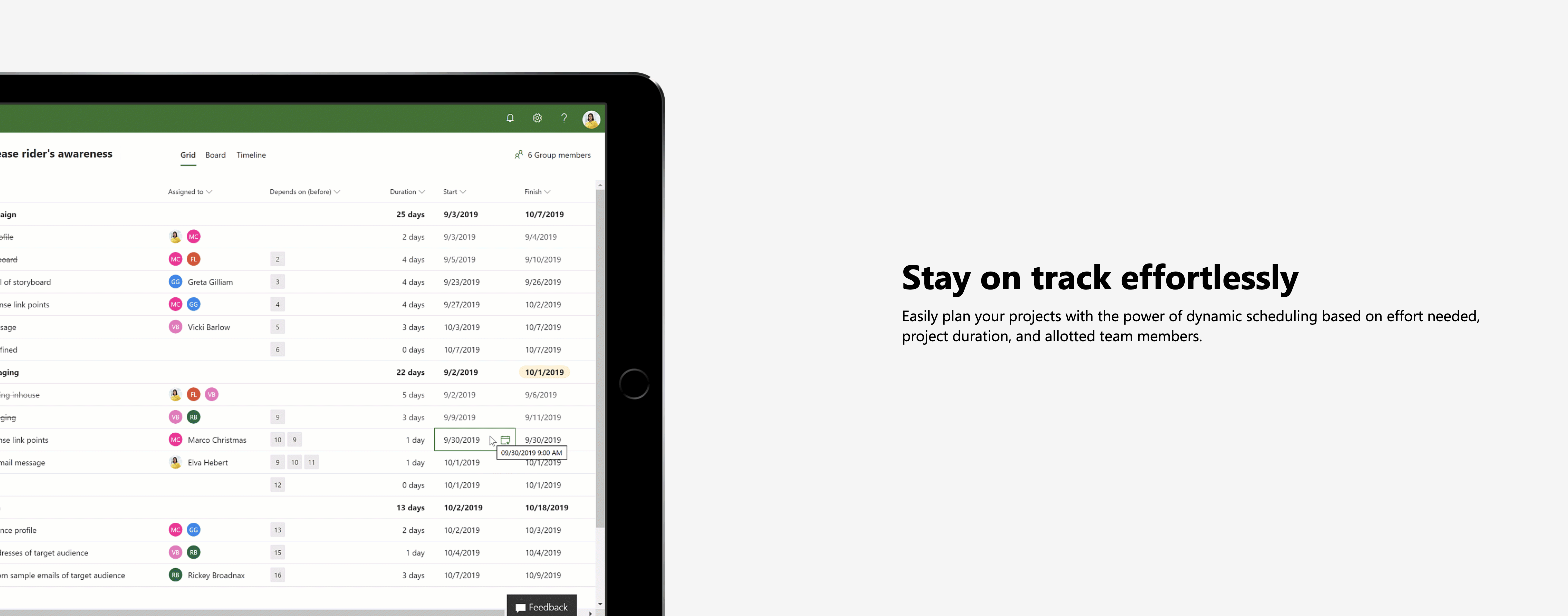
Microsoft 365 is another full suite of tools, similar to Google Workspace. If your company is already tied into the Microsoft suite of tools and services, this is likely the best choice for you.
7. HubSpot
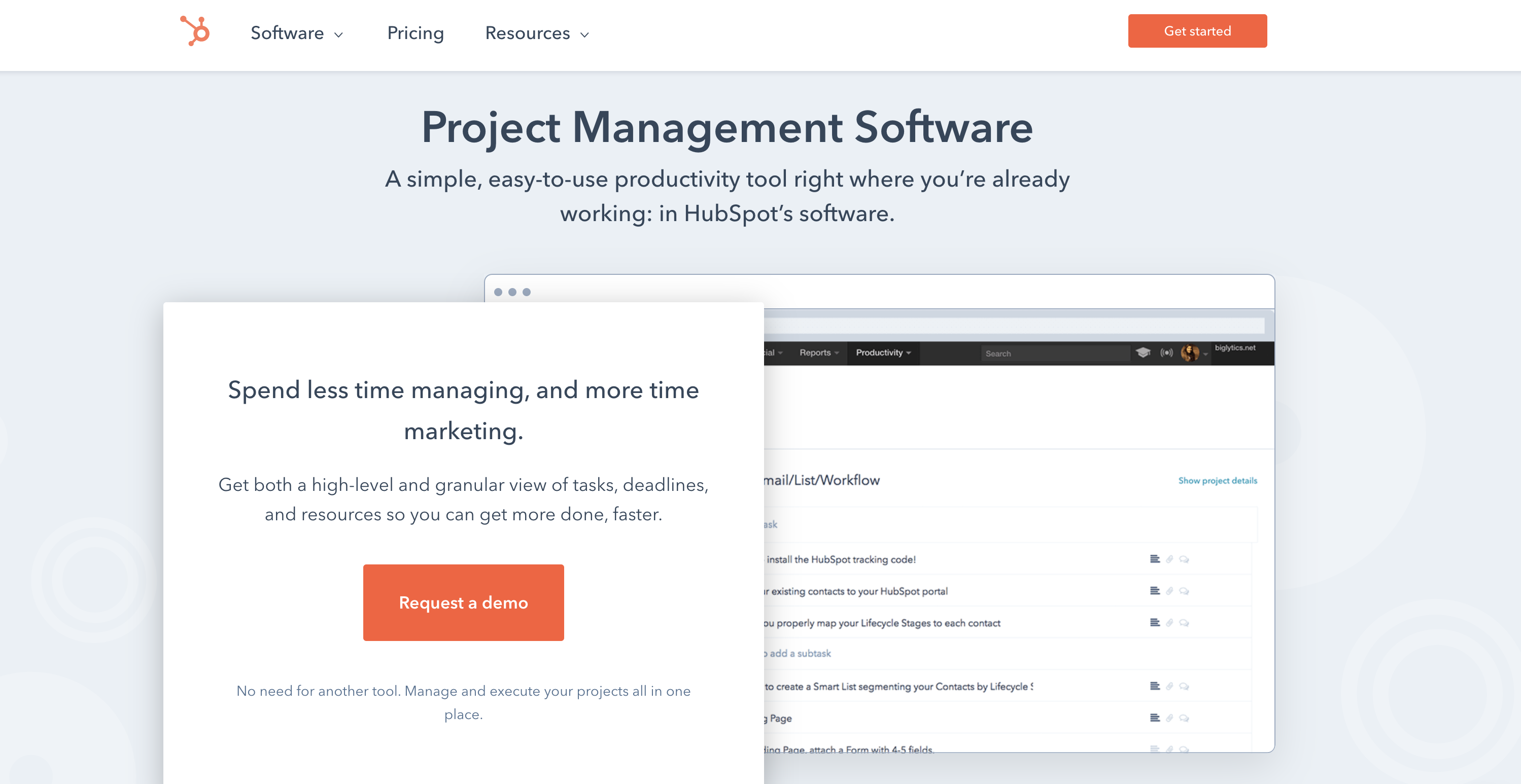
HubSpot is another huge suite of tools like Zoho. In fact, it overlaps with Zoho more than any other product on this list.
But where Zoho is a general business tool, HubSpot is primarily meant for marketing departments and firms.
Hubspot offers a lot of its services for free, but once you’ve outgrown the freebies, it will cost you quite a bit more than Zoho will.
8. ClickUp
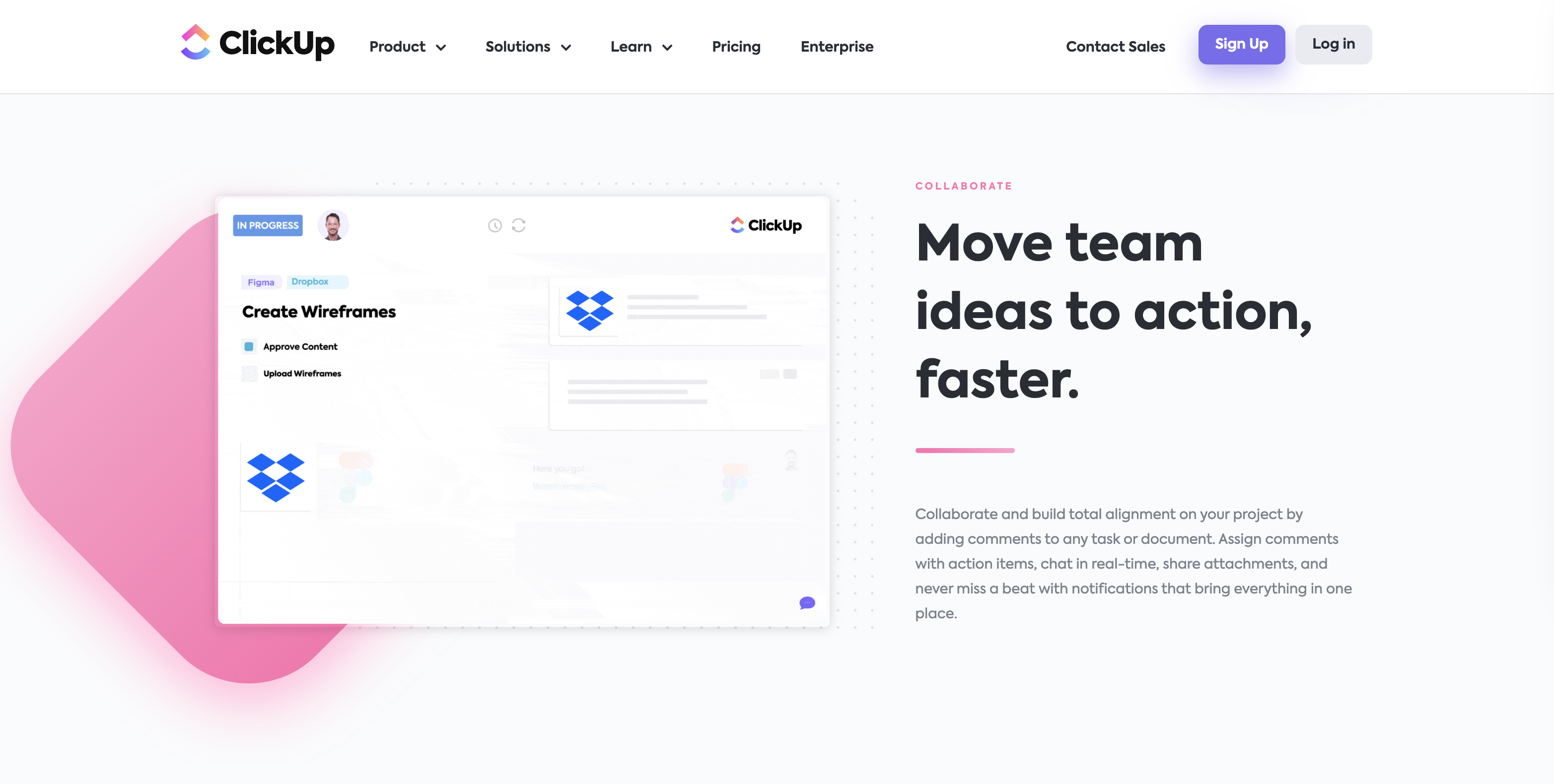
ClickUp is similar to Notion but takes a slightly different approach. ClickUp gives you a number of different ways to access your data and documents.
The customizable task list views can make it easier to manage teams and organize different projects to meet your team’s needs. While ClickUp does offer different views, it’s still mostly an all-in-one piece of software, integrating your tasks, documents, goals, and other project components into one space.

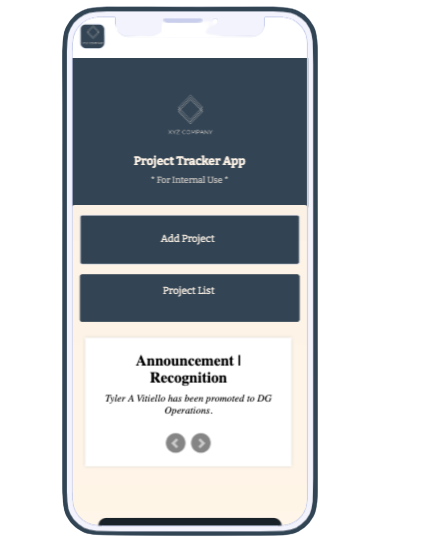




















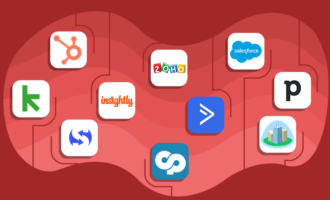




























Send Comment: